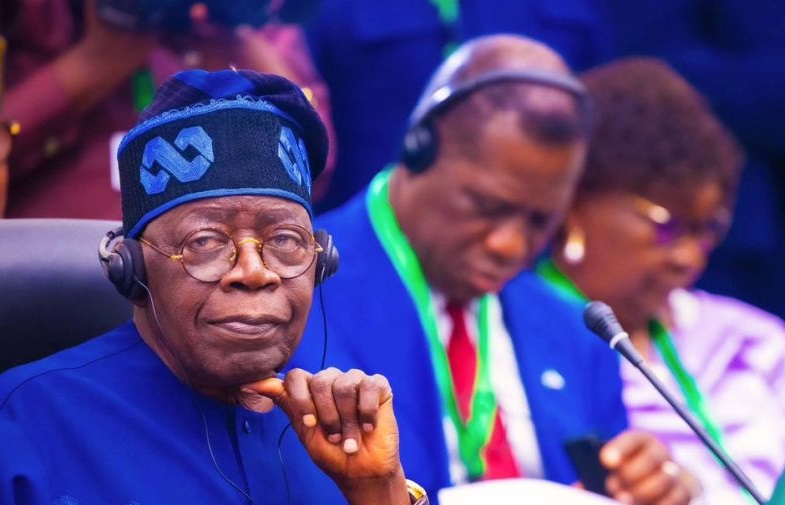
Nigeria has recently made a significant remittance of N85 billion to the Economic Community of West African States (ECOWAS) as a community levy, covering the period from January 2023 to January 2024. This payment marks a notable achievement, as it is the first time in 19 years that Nigeria has been up to date with its contributions to the regional body. Dr. Omar Touray, the President of the ECOWAS Commission, praised Nigeria's leadership in fulfilling its financial obligations to the organization, highlighting the importance of such contributions for regional integration and development [dfee1e6c].
However, the payment has sparked mixed reactions among experts and citizens, particularly in light of Nigeria's ongoing economic crisis, where inflation has soared to 34.6%. Prof. Mukhtar Imam welcomed the payment as a demonstration of leadership and commitment to regional cooperation, suggesting that it could enhance Nigeria's standing within ECOWAS. Conversely, Dr. Austin Maho expressed concerns about the priorities of the Tinubu government, questioning whether such financial commitments should take precedence over pressing domestic issues [dfee1e6c].
Critics like Charles Onunaiju have labeled the payment a public relations move, arguing that it offers little in terms of tangible economic returns for the Nigerian populace. There are also concerns regarding Nigeria's relationship with France and the overall value of ECOWAS to ordinary Nigerians, especially amidst rising inflation and economic hardships [dfee1e6c].
The remittance has reignited discussions about the balance between regional obligations and national welfare, prompting calls for the government to prioritize the needs of its citizens while engaging in international commitments. As Nigeria navigates its economic challenges, the implications of this payment for both domestic and regional politics remain to be seen.